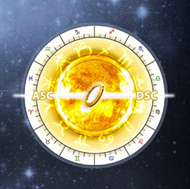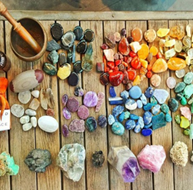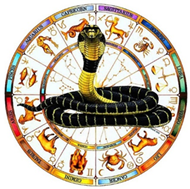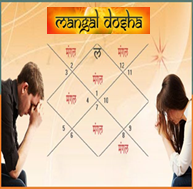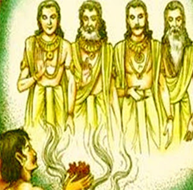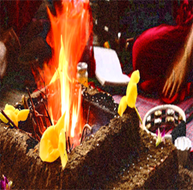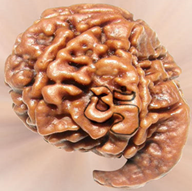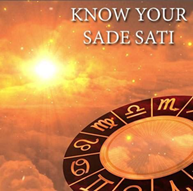Personalized Vedic Reading

Western Zodiac Prediction
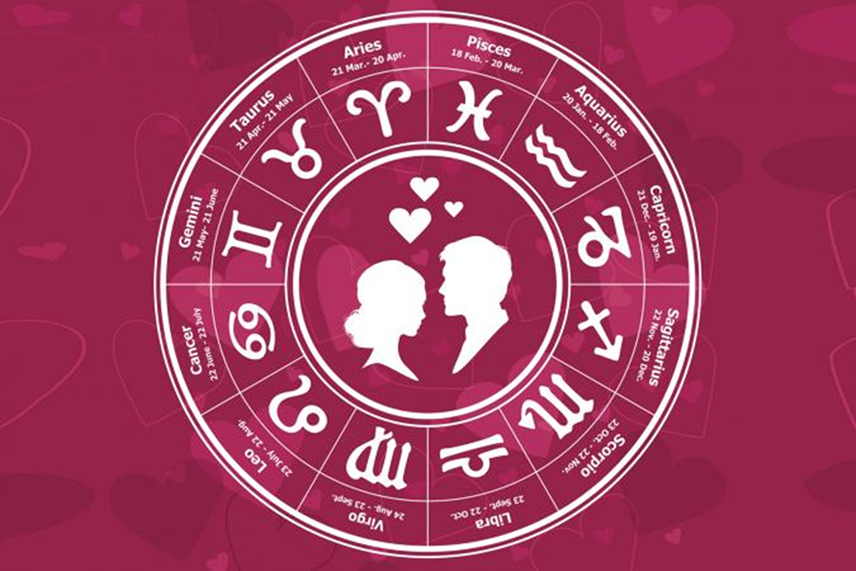
Your Love Match
Vastu Guidance
Vastu Shastra is the traditional Indian science of architecture also known as a science of directions that combines all the five elements of nature and balance them with the man and the material, devised on the principles of design, measurements, layouts and space arrangements. It helps in making an effective layout for preparing a land for constructing buildings, homes, offices, schools, etc. through the creation of congenial settings or a place to live or work, in most scientific way taking advantages of the benefits bestowed by the five elements called “Paanchbhootas” of the nature thereby paving the way for enhanced health, wealth, prosperity and happiness in an enlightened environment.
Vastu is originated from the creator (Brahma) who taught this science to several sages, Rishies. Sages disseminated this knowledge of Vastu shilpa sastra to their followers to benefit the larger interest of mankind and the universe. Vastu is derived from the verb ”VAS” means to dwell and also the place of residence. It is said that the word ‘Vastu’ itself denotes these elements, with ‘Va’ being Vayu, the air; ‘Aa’ Agni, the fire; ‘Sa’ Srishti, the earth; ‘Ta’ Akash, the sky or space, and ‘Au’ being Jal, the water…
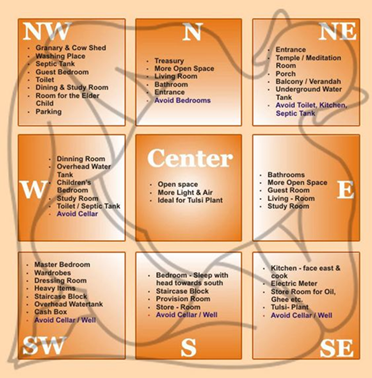
Personalized Remedies
Ascendant calculator
Gemstone calculator
Kalsarpa dosha
Mangalik calculator
Pitra dosha
Karam Kand / Puja Suggestion
Rudraksha Calculator
Sadhesati dosha
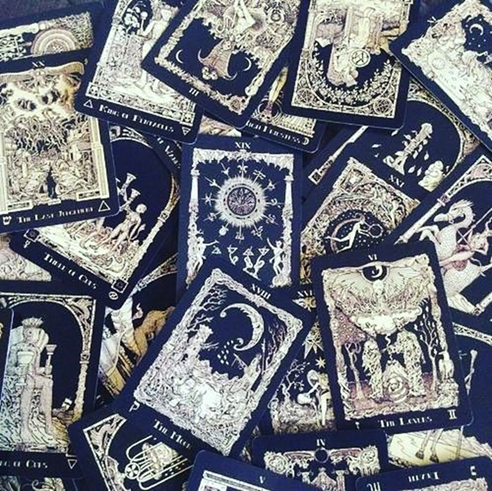
Tarot Card Reading
Tarot Card Reading is an ancient divinatory system in which tarot cards are used for gaining insights and to find out what the future indicates. All this is based on the interpretation of tarot cards. The meanings of the cards that we know of today are credited to Cartomancer Jean-Baptiste Alliette (also known as Etteilla) and Mlle Marie-Anne Adelaide Lenormand (1776-1843).
A traditional tarot deck comprises 78 cards. The deck is further divided into Major Arcana and the Minor Arcana. The Major Arcana has 22 cards and each card has an interpretation that only one with an understanding of the cards can help you figure out. Tarot cards can be used to uncover secrets about a future event and can also be used to plan one`s future. Each Major Arcana card represents a scene featuring a person or several people along with various elements. 56 suit cards comprise the Minor Arcana, also referred to as the lesser arcana. There are four suits with 14 cards in each suit. The suits are: Wands, Cups, Swords and Pentacles. These cards too, form an integral part of any tarot reading.
Each tarot card has an image, a name and a number which are potent symbols and have specific meanings. Each tarot card is believed to have 78,000 meanings. Tarot is a universal language that speaks through a variety of archetypal symbols and that is the essence of tarot prediction. Types of Tarot Readings include: The 3 card spread, The Celtic Cross, The Horseshoe Spread and The Fan Spread…
Numero-Logically Yours
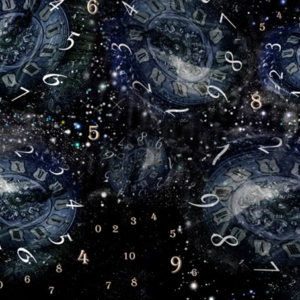
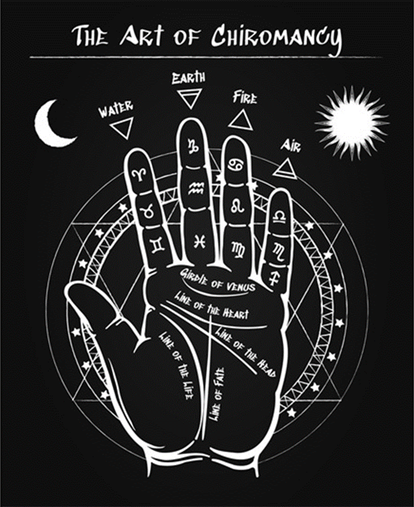
Palmistry Reading
Palmistry, also known as Chiromancy, is a science and an art of reading signs from the lines located on palms of a hand. It was created in ancient India and quickly spread to Egypt, and then Europe. Palmistry was met with both admiration and skepticism ever since it came to life. It was studied by numerous ancient minds along with astrology, and has been developed throughout the history of the world.
Though opinions vary, many modern readers believe it’s important to analyze both the left and right hands: The non-dominant hand reveals natural personality and character, while the dominant hand shows how these traits have been actualized in practice. Together, they reveal how a person is utilizing their potential in this lifetime, by analyzing the meanings of hand shapes based on the four elements – Earth, Fire, Air & Water, mounts corresponding to the seven classical planets within astrology, which are interpreted based on their elevated, sunken, prominent and exaggerated or overemphasized shapes, plains and lines.
The folds and creases of the palms, referred to as lines, are indeed used to form narratives and predict future happenings. The meanings of different lines are determined by analyzing their length, depth, and curvature. As well as where each line begins and ends, which mounts it crosses, and where the creases intersect.
Feng Shui Advice
Feng Shui also known as Chinese Geomancy, is a pseudoscience originating from ancient China, which claims to use energy forces to harmonize individuals with their surrounding environment. The term Feng Shui literally translates as “wind-water” in English.
In Chinese culture, wind and water are associated with good health, thus good feng shui came to mean good fortune. Conversely, bad feng shui means bad luck or misfortune. Some elements of feng shui practice date back at least 6,000 years, and it contains elements of various branches of scholarly study, including physics, philosophy, astronomy, and astrology. It is related closely to the Taoist vision and understanding of nature, particularly the idea that the land is alive and filled with chi or energy…
Since good fortune comes in many forms, including better health, a successful career, or fulfilling love life, feng shui practice includes detailed tips for almost every area of your life. The main tools used in analyzing the feng shui of any space are the feng shui compass and the Bagua. There are several different schools of feng shui. Among the traditional schools are those that use the feng shui compass. Others, such as the Black Hat Sect Tantric Buddhist Feng Shui (BTB, for short), incorporate Buddhist teachings into the practice. There is also a Modern Feng Shui school that has been adapted to the western lifestyle.
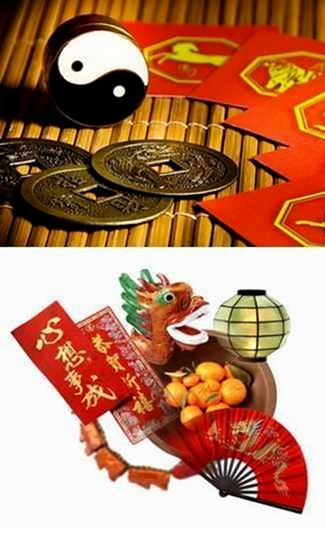
Mumbai, Maharashtra, IndiaVedic Panchang
A Panchang is a detailed Hindu calendar and almanac which takes into account five factors of any given day as per Indian Vedic scriptures to provide information useful for astrologers to forecast celestial phenomena, and also to outline auspicious and inauspicious time frames for important occasions such as marriage, education, career, travel, etc. The five aspects taken into account are day of the week (vaar); tithi or the lunar day; nakshatra or the constellation; yoga; and karan.
